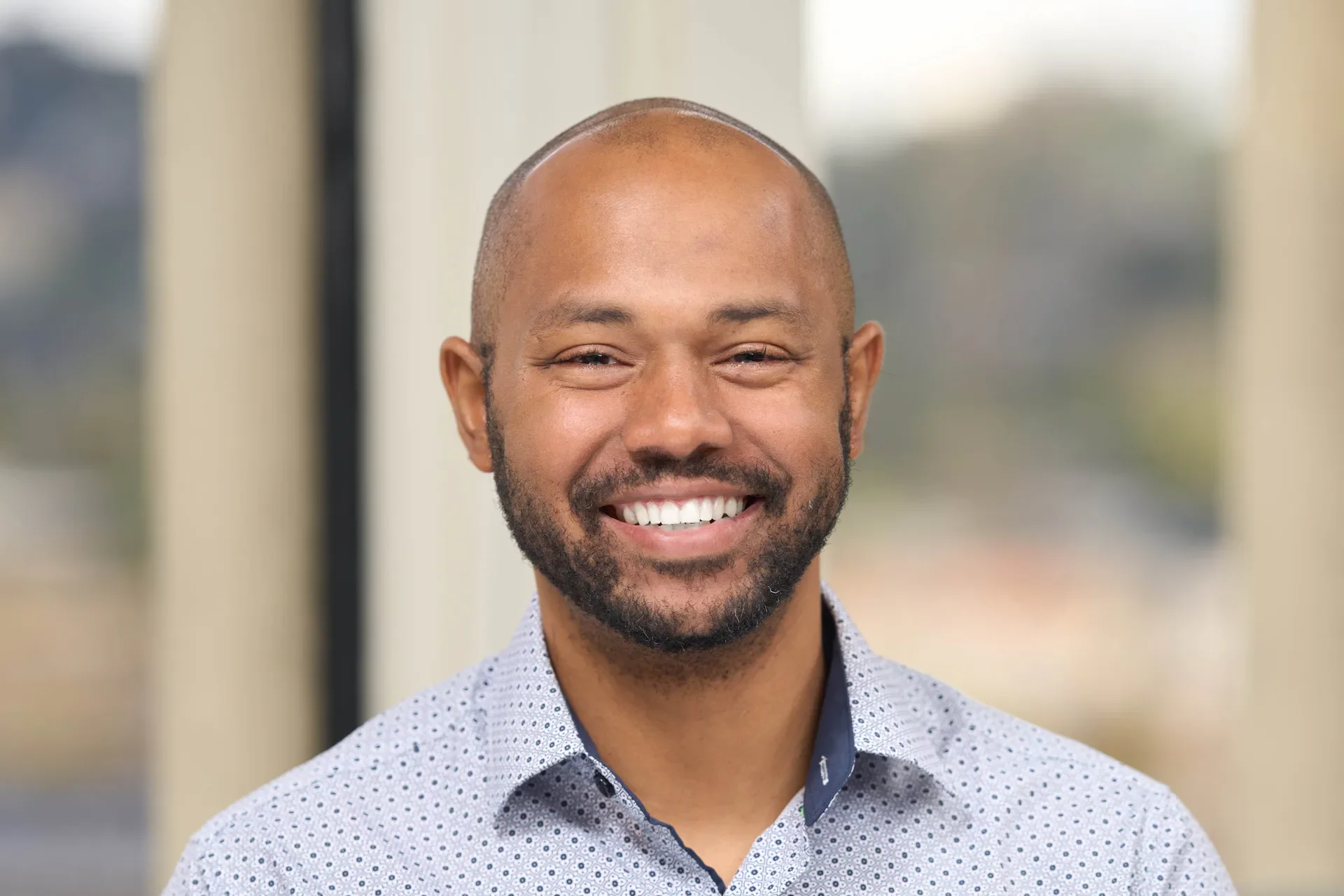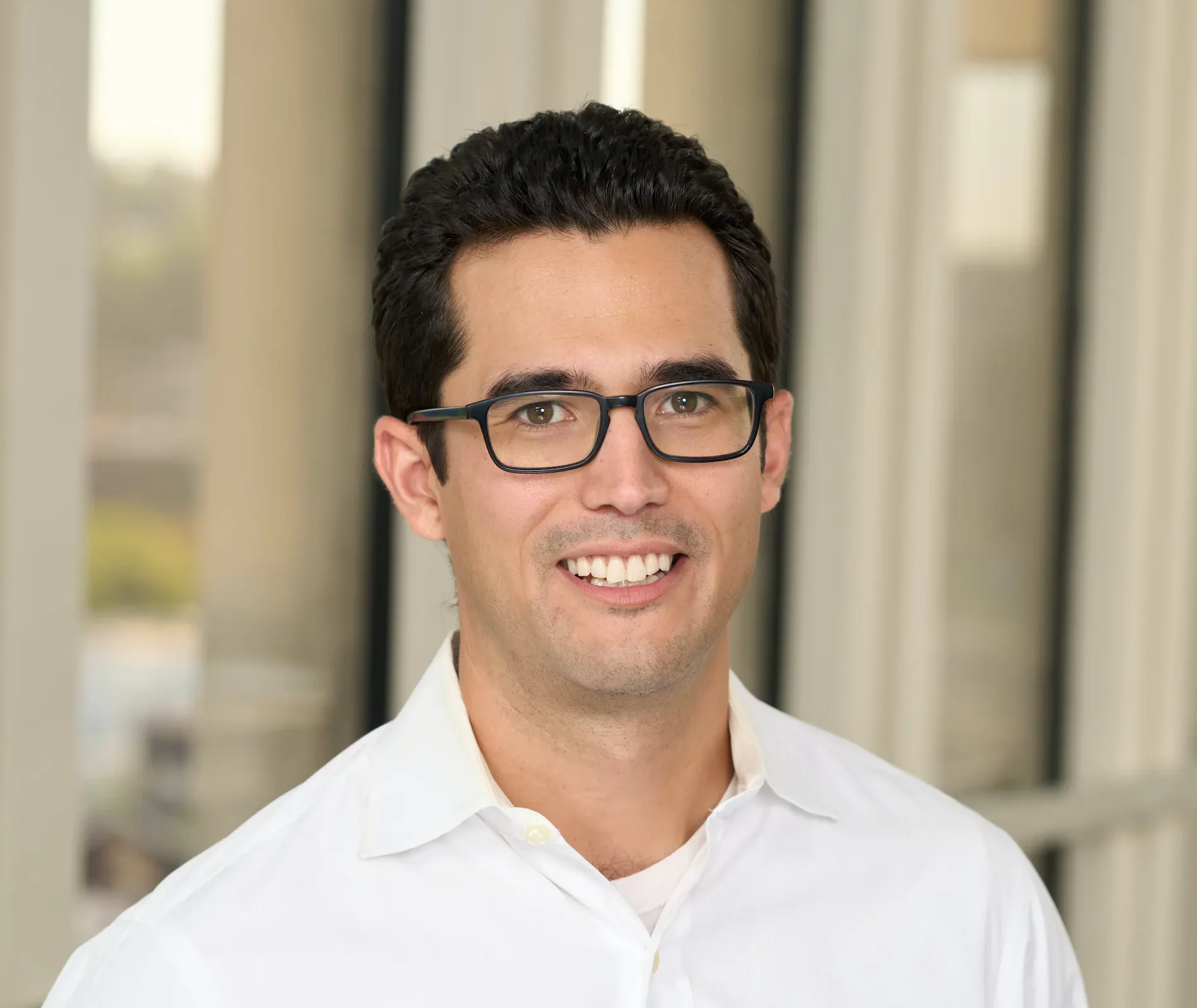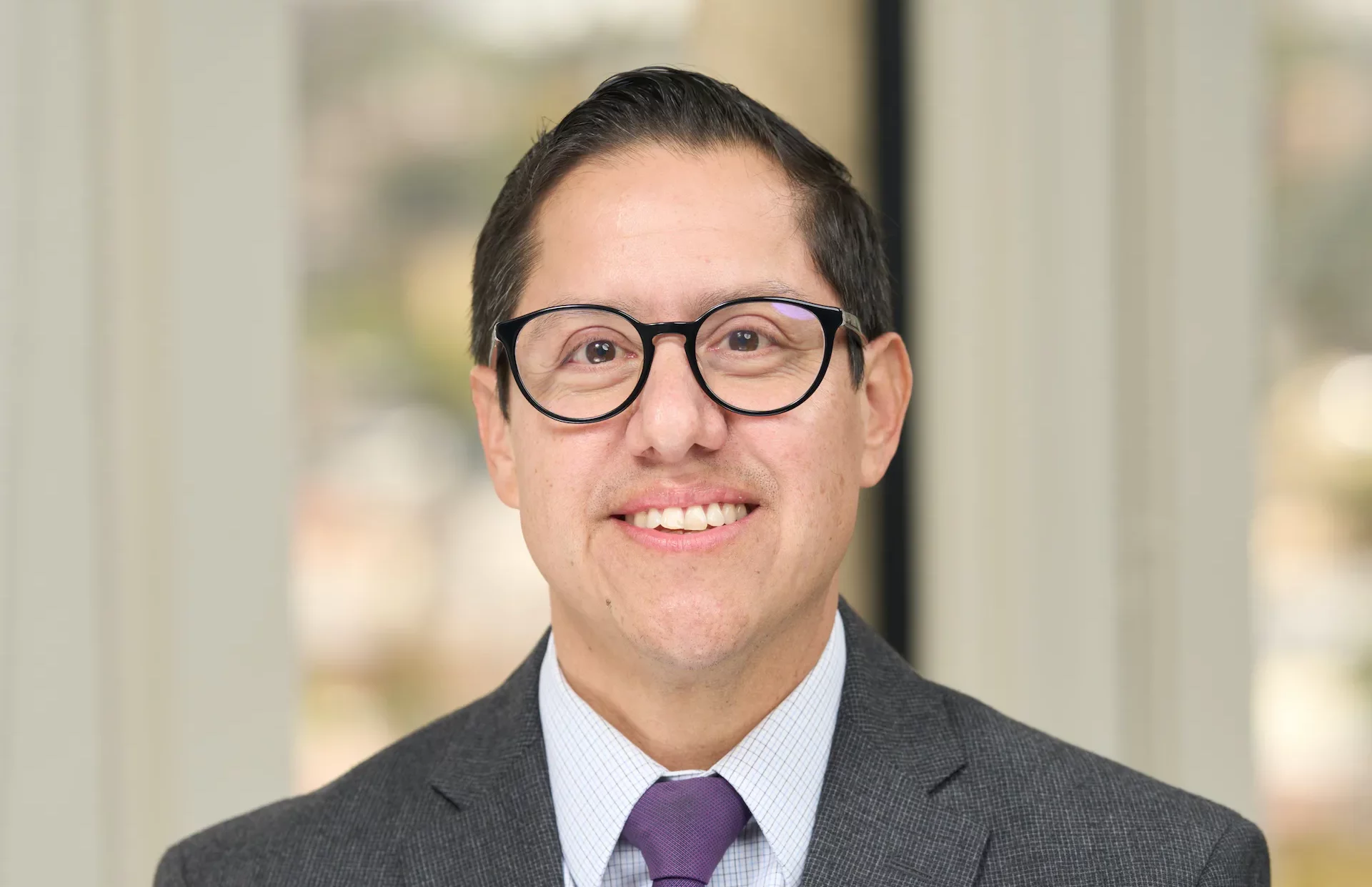About RACE COUNTS

Our public policies must be focused on the root causes of racial disparities
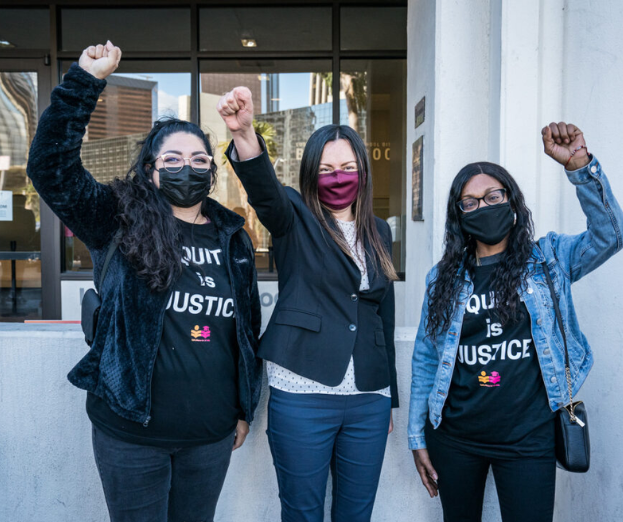
RACE COUNTS provides critical data and analysis to racial justice advocates leading campaigns on economic equity, education, incarceration, and more

California should be the Golden State for all its residents.
Despite California’s reputation as the “Golden State”, generations of low-income communities of color have long been excluded from its promise. To push California forward, we need effective ways to measure and address long-standing racial disparities and to center organizers and activists to lead those conversations. RACE COUNTS maintains a comprehensive data tracking tool of racial disparities across the statewide and in different communities. Through cutting-edge, rigorous research and analysis, RACE COUNTS can help provide a roadmap of how we can unwind generations of racial oppression and make California a Golden State for everyone.
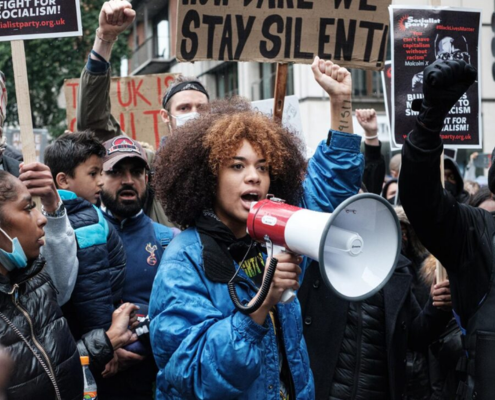
Our Key Issue Areas
RACE COUNTS provides data – at the state, county, and city levels – by seven issue areas to paint a comprehensive picture of racial disparity across in California.

Lead Organization
Catalyst California advocates for racial justice by building power and transforming public systems. We partner with communities of color, conduct innovative research, develop policies for actionable change, and shift money and power back into our communities.

Our Key Partners
RACE COUNTS was created by Catalyst California in partnership with California Calls, PICO California and USC’s Equity Research Institute. The initiative was informed by input from more than 80 organizations across the state.

USC Dornsife Equity Research Institute
The USC Dornsife Equity Research Institute (ERI) provides data and analysis to power social change. ERI believes that long-term change is made when historically marginalized communities are empowered, can put forth proposals, and hold decision-makers accountable. And, when communities come together across race, space, and place, movements for change build and have an impact on greater scales of governance.
ERI is a research unit housed within the Dana and David Dornsife College of Letters, Arts and Sciences at the University of Southern California. It is the entity resulting from the combination of two institutes: the Program for Environmental and Regional Equity (PERE) and the Center for the Study of Immigrant Integration (CSII), which were founded at USC in 2008.

PICO California
PICO California is the largest multi-racial faith-based community-organizing network in the state connecting and leveraging the power of the people to impact broad systemic change. Motivated by various prophetic traditions, we ground our civic action and demands for change in moral and ethical principles. We use a relationship-based organizing model to develop leadership and build capacity for civic engagement in communities throughout California.
Established in 1994, PICO California organizes in 73 cities, 35 school districts, and in more than seventy-five percent of the state’s Senate and Assembly districts. We are deeply connected with communities through congregations and religions institutions and we work in coalition across racial, economic, ethnic, and religious lines. PICO California is comprised of 19 non-profit organizations made up of 480 interfaith congregations, schools, and neighborhood institutions representing 450,000 families. PICO California brings local federations together throughout California to affect meaningful budget and policy change at the state level.

California Calls
California Calls is a statewide alliance of 31 organizations organized in 12 counties. Their long-term goal is developing a progressive alliance of grassroots social justice organizations and unions representing key issues and strategic geographic regions of California, with agreement on a public policy agenda, and the collective power to win systemic reform.
Through their bottom-up approach, CA Calls organizes voters most impacted by budget cuts and deteriorating public services in support of systemic, progressive solutions to our state’s fiscal crisis. Working together, and including those who are often left out of policy decisions, CA Calls believes we can reclaim the California Dream of equality, opportunity and prosperity for all Californians.

Additional Partners
Statewide Partners
-
Alliance of Californians for Community Engagement (ACCE)
-
Asian Americans Advancing Justice – Los Angeles (Advancing Justice)
-
PolicyLink
-
Mobilize the Immigrant Vote (MIV)
-
Yo California!
-
Chrissie Castro, Consultant


By Issue Area
Crime & Safety
Democracy
Economic Opportunity
Healthcare Access
-
California Pan-Ethnic Health Network (CPEHN)
- Community Health Councils (CHC)
-
Investing in Place
-
PolicyLink, Health Equity and Place
-
Prevention Institute
Crime & Safety
Democracy
Economic Opportunity
Healthcare Access
- California Pan-Ethnic Health Network (CPEHN)
- Community Health Councils (CHC)
- Investing in Place
- PolicyLink, Health Equity and Place
- Prevention Institute
Frequently Asked Questions
You got questions – we’ve got answers. How can we help you?
Read All FAQsWho created RACE COUNTS?
RACE COUNTS was created by Catalyst California in partnership with California Calls, PICO California and USC ERI. In addition, the initiative was informed by input from more than 80 organizations across the state. Additional statewide partners include Alliance of Californians for Community Engagement, Asian Americans Advancing Justice – Los Angeles, Chrissie M. Castro & Associates, Free Our Dreams, Mobilize the Immigrant Vote and PolicyLink. For a full list of partners, please visit http://www.racecounts.org/about/
What is RACE COUNTS?
RACE COUNTS is an initiative launched by Catalyst California, USC ERI, PICO California and California CALLS that includes a comprehensive online tool ranking all 58 counties by seven issue areas critical to California’s future to paint a comprehensive picture of racial disparity in California. In addition to the data tool, RACE COUNTS includes research reports and data briefs, and provides support to community-based organizations in their policy change and advocacy efforts.
Why is RACE COUNTS needed?
As California’s racial makeup and needs have completely transformed over the past 40 years, many of our public institutions and policies remain stuck in the past. RACE COUNTS provides the data necessary to provide community organizations with the resources they need to frame these conversations and advance much needed improvements in our public safety, economy, health and governance.
How is RACE COUNTS different from other data tools?
RACE COUNTS paints a more complete picture of racial equity in California than has ever been available because of the 3D analysis of performance, disparity and impact: performance is how well people are doing; disparity is how well racial groups are doing compared to each other; impact is how many people are affected.

Meet Some of Our Team
Meet the RACE COUNTS Team
Partner With Us
Using our data in your initiatives and campaigns can aid you in the fight to advance civil rights and social justice in California.
Get Started
Contact us
Got any questions, thoughts or concerns? We want to hear from you.

